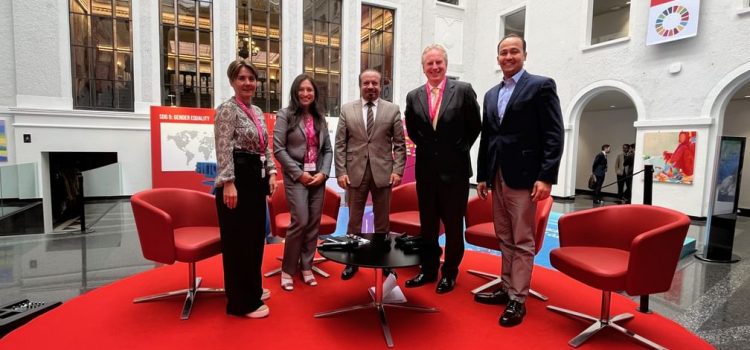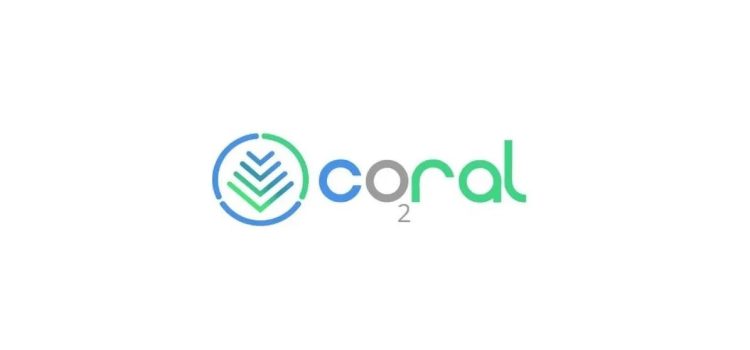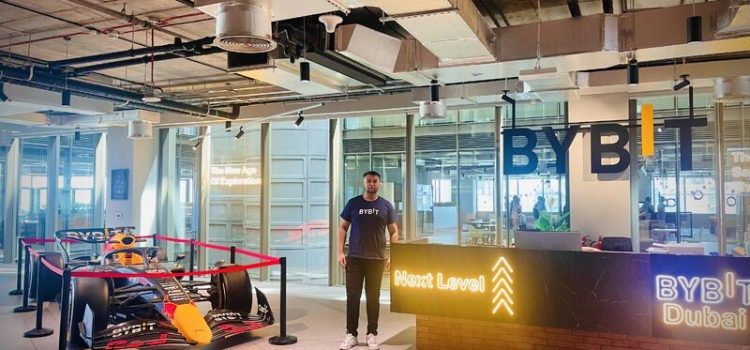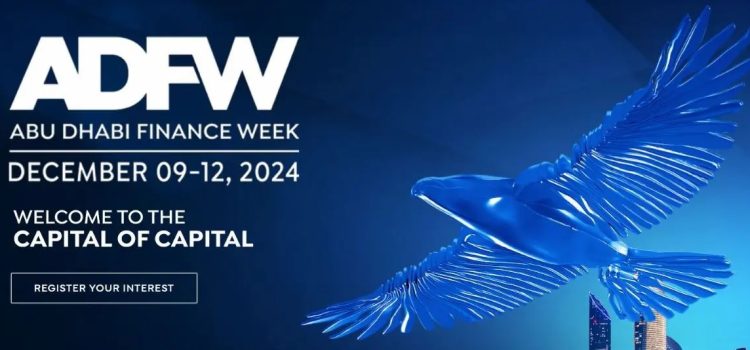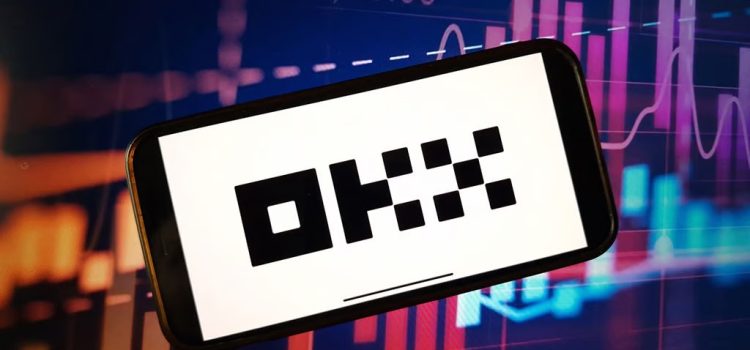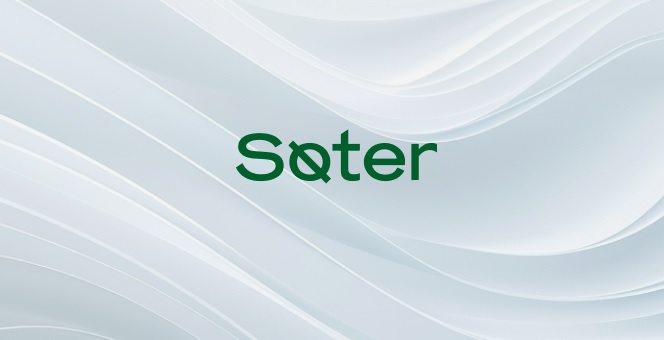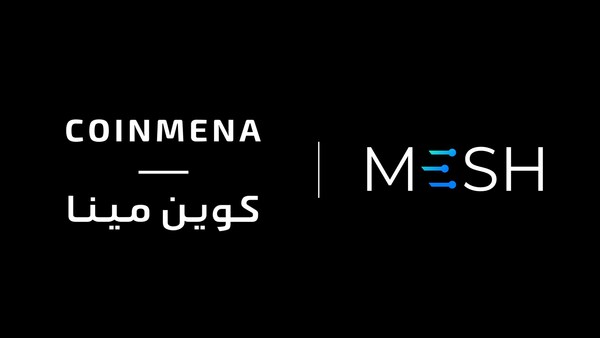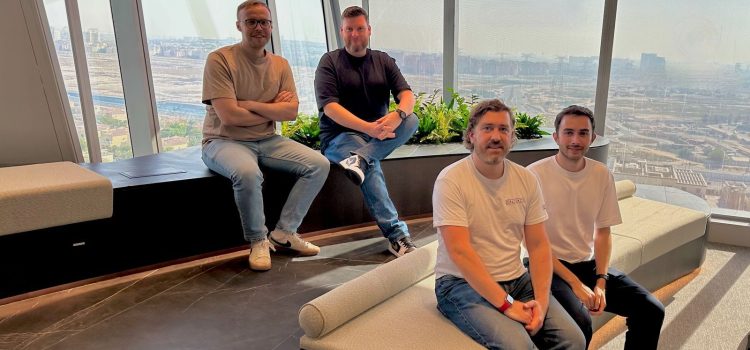
The UAE has commenced with the AI and Blockchain enabled TradeTech Initiative. The announcement was made during the WTO Public Forum in Geneva, Switzerland. The UAE confirmed that Artificial Intelligence (AI) will be the core focus of the second stage of the program.
Abdelsalam Mohamed Al Ali, Minister Plenipotentiary and Director-Representative of the Permanent Mission of the UAE to the World Trade Organisation (WTO), revealed the plans during his introductory remarks at a session titled “TradeTech Interviews: The Thinker, the Innovator, and the Builder”, which explored the impact of tools such as AI on global trade.
“AI will be our primary focus for this year, offering unmatched potential to streamline logistics, optimize trade finance, and enhance decision-making across supply chains,” Al Ali noted. “Integrating AI into trade systems will unlock new levels of efficiency, predictability, and resilience, making global trade faster and smarter. TradeTech is fundamentally about breaking down barriers – those that slow the flow of goods, limit market access, and increase costs. By embracing innovation, we aim to make trade more responsive and inclusive, benefiting all stakeholders from large corporations to small enterprises and from developed nations to emerging economies.”
The TradeTech Initiative was launched by the Ministry of Economy and the Abu Dhabi Department of Economic Development in collaboration with the World Economic Forum at Davos in January 2023, with the goal of inspiring the integration of advanced technologies throughout global supply chains. The first year of the initiative led to the creation of the first TradeTech Report and the inaugural TradeTech Forum in Abu Dhabi, which coincided with the 13th Ministerial Conference of the WTO.
The second phase of the initiative will now see the development of a Regulatory Sandbox for Artificial Intelligence in trade finance and an Accelerator to foster new solutions that enhance the role of technology in trade.
“The TradeTech initiative represents a vision of a world where trade is more efficient, inclusive, and sustainable. By harnessing technologies like distributed ledger technology, AI, and automation, we aim to revolutionize global trade. The UAE, as a major trading hub, is leading this charge, setting new standards and driving innovation in TradeTech,” Al Ali added.








